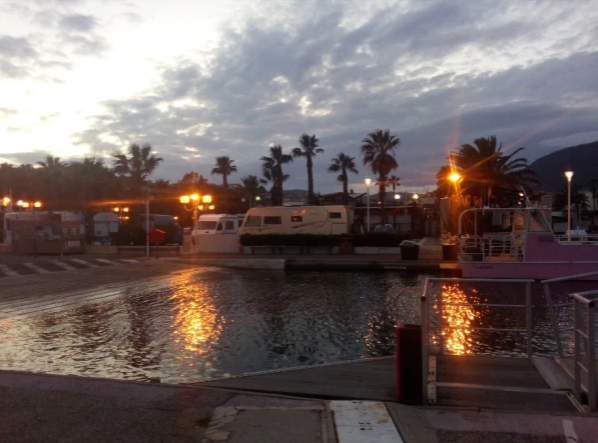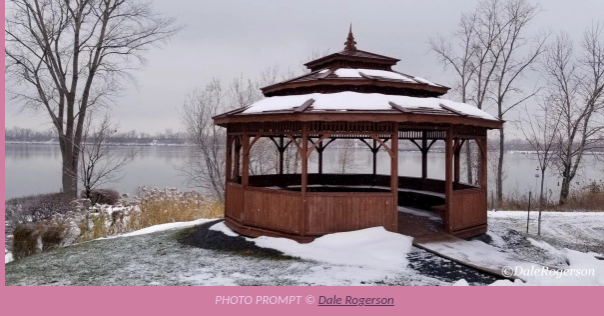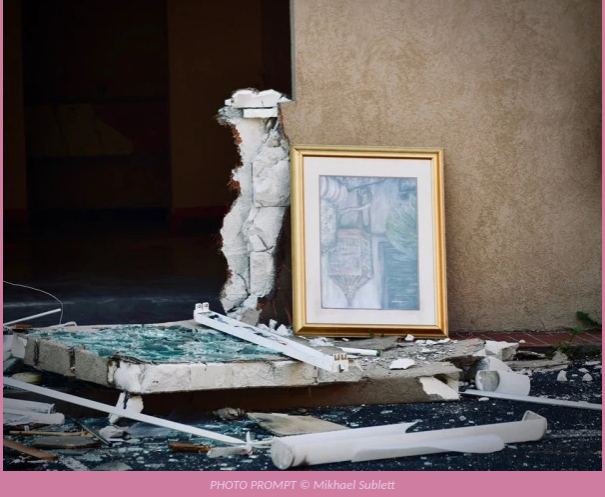Seven hundred and fifty words. Seems so short, barely a paragraph or two (or three). I can write that. After all, I’ve been writing – the act of making shapes with a pen on paper or banging keyboards with my fingers – for most of my life: reports, reviews, booklets, handouts, notes (research and random), essays, dissertations, theses, Facebook posts, texts, emails. I have spend vast sections of my life writing, writing, writing. So now, why does 750 words a day seem impossible?
Proper writing comes hard to me. I want to write, but I want to write well. I want the words to flow, to run off my page and into your mind like silver threads of mercury, like a blue-grey river rushing furiously over stones and boulders with flashes of foam in the sunlight, like a black panther gliding effortlessly over the grasslands. (I know, the panther does not work at all). I don’t want to write badly, boringly, amateurishly: I find it difficult to accept my status as a hobbyist or, worse, a pretend-writer: someone who says they write but never actually does (I don’t include day to day writing as ‘writing’, of course). I can’t bear to write badly – when I say badly I mean like actual published authors whose books or genres I dislike. Would I prefer to never write a complete novel, to never get published if it meant writing ‘badly’? Sometimes I do consider this seriously even though the rational, sensible writer is shouting ‘bullshit’ at the top of its voice. I need to lower my standards, forget all ideas of writing like my favourite authors, let go of my ridiculous pretensions and just….write. Write as if no-one else, not even me, is reading. Write like I don’t care, write as if I welcome criticism and mockery and lack of success, and failure and humiliation. Come on, let’s have them!!
The painful writer in me is shrinking at the thought of this, this vulnerability. I feel like the hermit crab who has lost its shell: waiting for the fish or octopus or whatever eats hermit crabs to pounce and crush my soft, unprotected body in its sharp bite. I want my armour, my sky-high tower of bricks, built so diligently over years of self-imposed criticism and judgement. But, if I’m being honest I suppose, grudgingly, all that protection hasn’t really worked has it (it’s a rhetorical question, I can hear the answer loud and clear in my own voice). So maybe it is time to be vulnerable, to write like I just don’t care in order that I can actually write at all. It will be crap. Of course it will. But, here and there, like the green shine of sea-glass in the sand, like the sunlight floating through the motes before the window, there may be brief touches of ‘okayness’. Just a sentence in the whole piece, a phrase in a paragraph, an opening sentence that grips and grabs like a vice and a closing line that makes you sigh, regretting the ending already. A character that stays in your head for more than two minutes, a scene that you can just picture, a plot that seems vaguely interesting, that you consider reading to the end. And if these things come once then they will come again, like leaves drifting down one by one at the start of autumn. Firstly just a couple, then a brief flurry and then finally (in about twenty years maybe) a great gust of wind drags them off the branch, turns them upside down and round about and lands them on the ground, to lie in a big heap where hedgehogs hide and children kick. And in that daily process, which starts with writing 750 words a day, you may discover things you never knew existed, rediscovered things you always knew you had but were buried under years of pretending not to give a fuck. Found things you really wish you hadn’t but you know it’s too late to painfully push them back under the rock you found them under.
Writing is more than the act of putting shapes on paper or on a computer screen. We (how presumptuous, using the writerly ‘we’) write to tell the truth as we see it, to lay down our lives through describing the journeys of others, to seek out things we can just see out of the side of one eye, if we squint and crane our neck first one way, then the other. We are writing ourselves into life, making a will through our words.
This is my first piece of an online group where you write 750 words a day – it’s based on the ideas from Julia Cameron’s ‘An Artist’s Way’. Website link is below.
750 words







